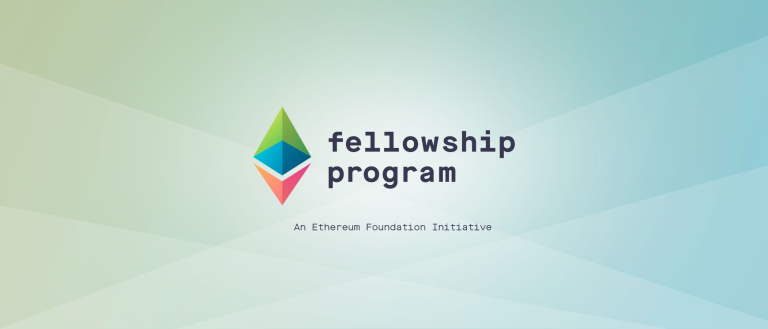
Here is an update from Ethereum Foundation Fellow Chuy Cepeda.
The power of identities is immense; in an age where we are encouraged to be multi-faceted, it is important to consider how we label ourselves. I am a Mexican from Monterrey, Latin American, son, brother, father, husband, engineer, businessman, dog lover, and hitchhiker who believes in democracy, but I’ve seen firsthand how governments tend to fall short of expectations.
When I first began to meet people from other countries and gain a better understanding of their access to public services, I quickly realized how far behind my home country was. According to a survey, Mexico is one of the least favorite countries in terms of transparency and the Corruption Perception Index.
I feel a deep compassion for those who can’t rely on their government to provide quality transportation, education, or healthcare. Meanwhile, technology is having an increasing influence on people’s lives around the globe, and Latin America is no exception. We must consider the implications of how a lack of trust and institutional agility can drastically impede progress.
As a result of this, I decided to include a new aspect of my identity: I cofounded Operating System City, an organization that strives to bring public institutions into the web3 paradigm. In other words, our team is looking to use blockchains to digitize government services and give citizens their digital identity.
The OS City team
Red Tape Update
When asked to prove our identity we must share personal information and credentials; this can range from birth certificates to driver’s licenses to academic records. This information can be found in a digital database, like with Estonian citizens, or it may be scattered among physical filing cabinets in bureaucratic buildings.
We “use” these representations of identity, but this isn’t the same as having an official identity. This is where we get into trouble; one office may require an original stamped document, another may close at 3pm and require a notarized note of authorization, and another may require approval from a different part of town. It’s easy to become trapped in a paperwork prison, and this is where corruption and collusion are born.
The fundamental challenge is that everyone should have an interoperable representation of identity. We started with a small core of identity that is still compatible with the open and unrestricted systems of web3. This compatibility makes it much easier to build and improve more complex systems over time. This is a network economy that includes both central and decentralized digital services.
We have since added more features to our digital identity, and we have begun to make it compatible with local governments in Mexico and Argentina. Our goal is to make it maximumly compatible for a digital identity; no matter if it’s for a central government notary, bank transaction, or public NFT recording, your ID should be able to move seamlessly.
We recently implemented an official digital identity system through a government-run online portal. This portal allows citizens to get a wallet that serves as a digital ID and document holder. Citizens can use this wallet to store and use official documents, and they can also share or renew them. At the moment, the documents we offer are only for business permits, building permits, city inspector credentials, and tax returns, but we are constantly expanding our range.